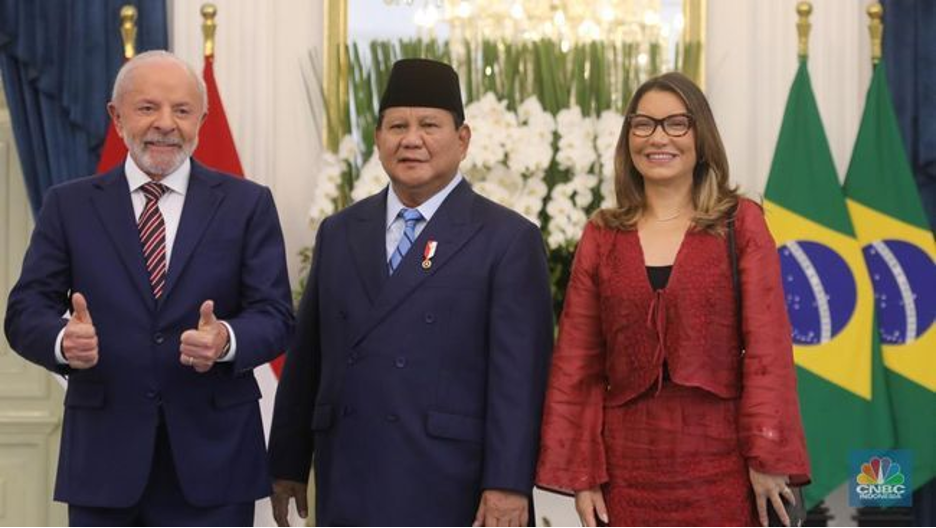
European Council Fails to Listen to EU Citizens on Deforestation
This week, representatives of European Union member states approved changes that would weaken a draft law intended to prevent goods linked to deforestation from being sold in the EU.
The legislation, initially drafted by the European Commission on instruction from the European Parliament, has been conceived to help the EU honour its obligations to reduce the EU’s contribution to global warming, and address the catastrophic decline of biodiversity and species across the planet. In particular, it is supposed to ensure that agricultural and forest products imported into the EU are “deforestation-free”.
However, campaigners from Mighty Earth argue that proposed changes to the draft legislation by the European Council – which represents member states – leave significant loopholes that could have devastating consequences for critical natural habits.
“By opting to weaken and water down the Commission’s proposals, the European Council have abdicated on their duties to their citizens, and failed to adequately respond to the climate and biodiversity emergencies facing the planet,“ said Dr Julian Oram, Senior Director at Mighty Earth.
Earlier in the week, the results of a new poll by YouGov were released, showing that nearly 9 out of 10 out of 5,000 EU citizens polled across five member states wanted strong laws to prevent imported deforestation into the European Union
“This new text claims to strive for a balance between ‘ambition and realism’,” Oram said. “What it actually delivers is a lowest common denominator approach with low aspirations. If adopted, the Council’s proposals would likely lead to agriculture-driven habitat destruction shifting from forests to other threatened ecosystems, and a spike in deforestation from forest-risk products such as natural rubber and maize, which have been deliberately ignored. It also fails to sufficiently shut the door on products linked to the violation of community and Indigenous rights by big agribusinesses supplying the EU market.”
The legislation text will now be negotiated between representatives of the European Council, Commission and Parliament in a “Trialogue” due to take place in Autumn 2022, before being finalised and adopted before the end of the year.


